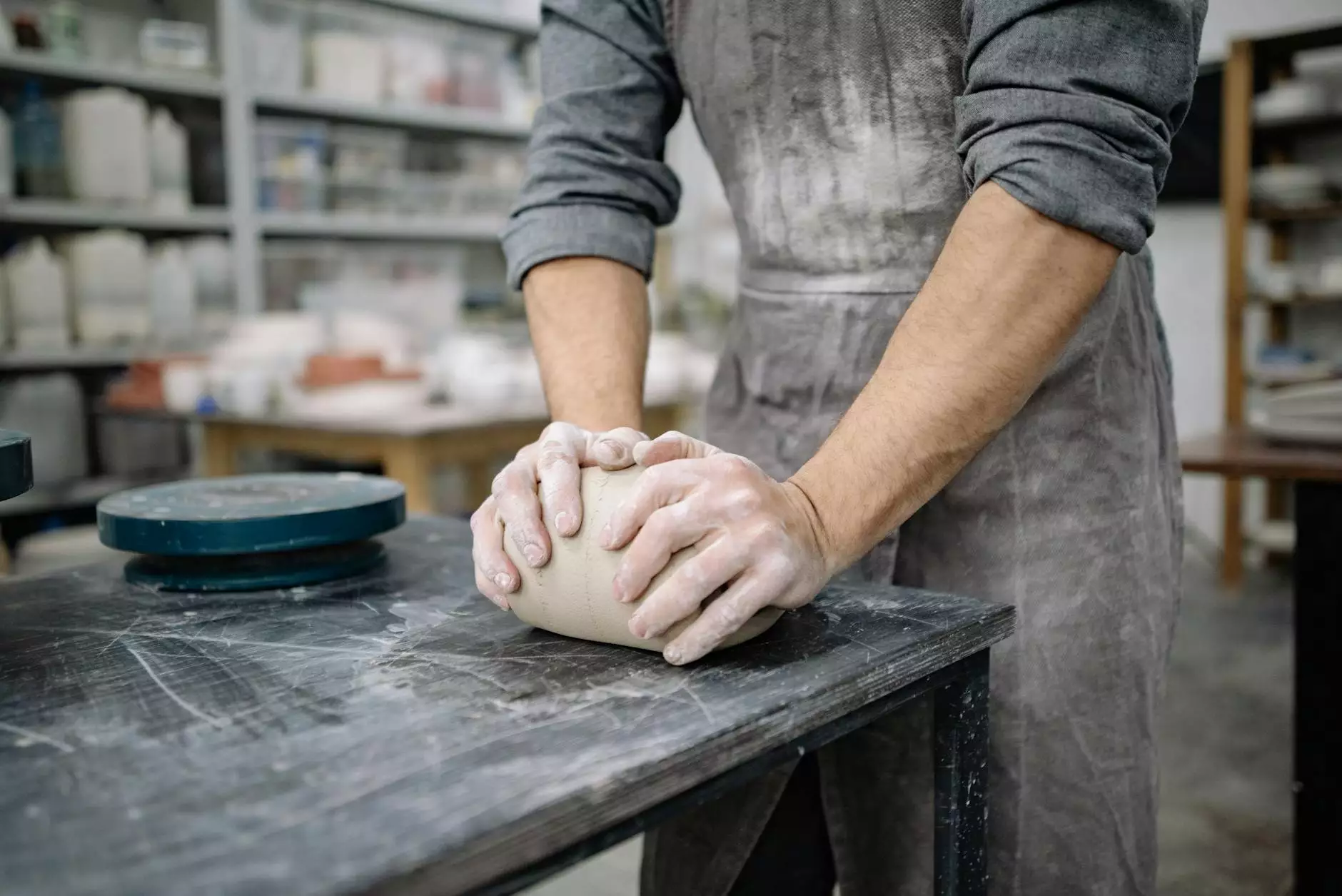The Essential Guide to Precision Injection Molds in Metal Fabrication

In the dynamic world of manufacturing, precision is paramount. One area where this accuracy is incredibly vital is in the use of precision injection molds. This comprehensive guide will take you through everything you need to know about precision injection molds, their applications, benefits, and their pivotal role in the metal fabrication industry.
Understanding Injection Molding
Injection molding is a manufacturing process used for producing parts by injecting material into a mold. It allows for high-volume production of complex shapes with tight tolerances, making it a critical method in various industries, including automotive, consumer goods, and electronics.
What is a Precision Injection Mold?
A precision injection mold is designed to produce highly accurate components over repeated cycles. These molds are crafted with a higher degree of precision than standard molds, ensuring that the parts produced meet stringent dimensional tolerances and surface finish requirements.
The Components of a Precision Injection Mold
- Core and Cavity: The core is the part of the mold that creates the interior features of a plastic part, while the cavity is the exterior shape.
- Heating and Cooling Systems: These systems ensure that the material is properly heated for injection and cooled to solidify the product efficiently.
- Ejection System: This enables the part to be removed from the mold after it has solidified.
- Guide Pins and Bushings: These components ensure accurate alignment and stability during the injection process.
Benefits of Using Precision Injection Molds
The advantages of utilizing precision injection molds in metal fabrication cannot be overstated. Here are some key benefits:
High Accuracy and Consistency
Precision molds are built to stringent specifications that allow for exceptional accuracy and consistency in the parts produced. This means that every piece manufactured will meet the required standards with minimal variation.
Cost-Effectiveness
Although the initial cost of precision molds may be higher, the long-term savings due to reduced material waste, minimized rework, and high production efficiency can significantly outweigh these initial investments.
Lead Time Reduction
With advanced manufacturing technologies, producing precision molds can be done more rapidly than ever. This leads to shorter lead times in production, allowing businesses to meet tight deadlines and respond quickly to market demands.
Enhanced Surface Finish
Parts produced with precision injection molds exhibit superior surface quality. This is particularly important in industries that prioritize aesthetics and functionality, such as automotive and consumer electronics.
Material Versatility
Precision injection molding can accommodate various materials, including metals, plastics, and composites, enabling manufacturers to create parts suitable for different applications while maintaining the desired precision.
Applications of Precision Injection Molds
Automotive Industry
In the automotive sector, precision injection molds are used to fabricate essential components such as dashboards, internal mechanisms, and various fitting parts. These components require exact specifications to ensure safety and performance.
Medical Devices
Precision injection molds are crucial in the production of medical devices, which must adhere to strict regulations and maintain high standards of quality. The accuracy in molding allows for the creation of intricate designs that are critical in this field.
Consumer Electronics
The prevalence of precision injection molds in consumer electronics ensures that products are not only functional but also aesthetically pleasing. Cases, connectors, and internal brackets often require precise molding to fit various components seamlessly.
Aerospace Components
In aerospace, precision is non-negotiable. Molds used to create parts for aircraft must withstand extreme conditions. Injected metal components are precisely molded to ensure strength and durability, minimizing the risks associated with flight.
Household Appliances
From kitchen gadgets to home electrical equipment, precision injection molds are used to manufacture parts that must be both functional and visually appealing. The efficiency of these molds helps to keep production costs manageable.
Choosing the Right Mold Maker
Selecting the right company for your precision injection mold needs can significantly impact your business’s success. Here are some vital factors to consider:
Expertise and Experience
- Look for a company with a proven track record in manufacturing precision molds.
- Their experience with various materials and industries can reflect their ability to meet your specific needs.
Quality Assurance Processes
- A reliable mold maker should have strict quality assurance processes in place to ensure the molds meet specified tolerances.
- Ask for certifications that demonstrate their commitment to quality, such as ISO certification.
Technology Utilization
- The best mold manufacturers utilize advanced technology for design and fabrication, such as CAD/CAM systems and CNC machining.
- Innovations in 3D printing can also contribute to quicker prototyping and reduced lead times.
Customer Support and Communication
- An ideal partner will offer exceptional customer service and clear communication throughout the project.
- They should be open to feedback and willing to make adjustments during the development process.
The Future of Precision Injection Molding
The field of precision injection molding is continuously evolving with advancements in technology and materials. Innovations such as micro-injection molding and bi-material injection molding present exciting opportunities for the future.
Micro-Injection Molding
This process allows for the creation of incredibly small parts with precise specifications, opening up new avenues in industries like electronics and medical devices.
Bi-Material Injection Molding
Combining different materials in a single mold enables the production of parts that have varying properties, making them more versatile and functional.
Conclusion
As we have explored in this guide, precision injection molds are integral to a multitude of industries, providing unmatched accuracy, efficiency, and surface quality in manufacturing. Businesses that leverage the power of precision molding in their metal fabrication processes are not just keeping pace with market demands; they are setting new standards in manufacturing excellence. For those seeking to enhance their production capabilities, focusing on precision injection molding might just be the key to unlocking unprecedented growth and competitiveness in today’s market. Visit deepmould.net to learn more about how our expertise can streamline your manufacturing processes with world-class precision injection molds.









